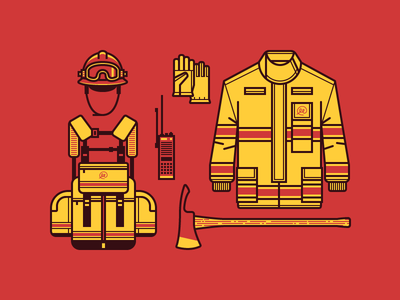Good day everyone!
Since this is my first post, I must say that I am happy to be here and I am deeply thankful to ImageMagick and all they've done!
You guys seem to be a great community so I'll try my luck and see if I can get any of that "goodness":
I've ran into a problem where by replacing a color in an image (Very minimalistic image):

The colors overlap with each other at the edges, since they're not perfect lines, they create "low opacity pixels"(On borders) in order to create smooth lines but when I recolor..there's the problem.
Here is what I mean:

Zoomed In:
 vs.
vs. 
You can clearly, clearly see the difference at both zoomed in and zoomed out.
Fuzz Seems to solve the problem, but not quite..I got the Fuzz value to 11, it the colors somehow but left really bad pixels behind. (Now the lines are all edgy, not smooth anymore, as you can see in the picture.)
So, I ask, is there any way I can play with anything in order to achieve that smoothness?
(Please note this problem doesn't appear on pixel perfect icons.)
I very much appreciate your help!